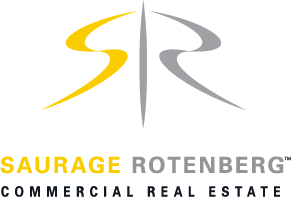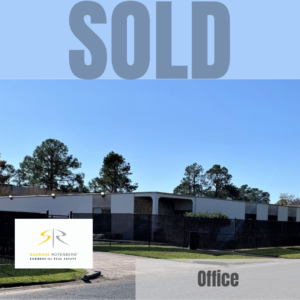Assess tax consequences prior to leasehold improvements
Article submitted by Bill Jeansonne, Commercial Investment Specialist for Saurage Rotenberg Commercial Real Estate
Written by Daniel Rowe, CPA, and John Vandaveer, CPA, CVA [Commercial Investment Real Estate (CIRE.com) / March/April 2011]
In today’s competitive leasing market, build-outs or other capital improvements are good ways for property owners to retain current tenants or attract new ones. Creating more open floor plans or providing additional capacity for new technologies can adapt older office buildings to fit the changing needs of the occupants.
After deciding to make improvements, property owners must figure houw to fund the construction costs. Three common methods provide funding for tenant improvements: a direct investment in the improvements by the property owner, a cash payment to the tenant to then make improvements, or a rent holiday for the tenant.
For landlords and tenants, the tax consequences vary based on the method, or combination of methods, used to fund improvements. Additionally, the intent of the parties and the specific language used in their agreements will directly affect the tax treatment of leasehold improvements. In all cases, both parties should consider the potential tax consequences…
Direct Investment
In a direct investment in the leasehold improvements, the property owner pays all of the construction costs, using its own money or borrowed funds. Retaining ownership of the improvements, the owner records them as assets on its books and receives a deduction for depreciation of the assets over their useful lives. There is no tax effect on the tenant as a result of a direct investment by the property owner.
Tenant Payment
When a property owner makes a payment directly to the tenant, the nature of the payment, as determined by the parties’ intent and the lease agreement, will influence the tax consequences.
Rent Holiday
Free rent is often the most tax-effective way for a property owner to adjust to market conditions and entice tenants to rent a property…
Owners and tenants should work with their tax advisers to ensure the intended results are achieved.
To read this article in its entirety click HERE.
To view this week’s Featured Property click HERE.
Bill Jeansonne, a native of Alexandria, Louisiana, received both his undergraduate degree and master’s in business administration (MBA) from Louisiana State University (LSU). Bill has 13 years experience in the commercial and industrial real estate business and 14 years experience in commercial and industrial warehouse design and sale of handling equipment. His specializations include commercial and industrial development, brokerage, and leasing, as well as lease negotiations and tenant build outs.
A Designee member of the Certified Commercial Investment Member Institute (CCIM), Bill’s professional memberships include Baton Rouge’s Commercial Investment Division (CID), the LSU MBA Alumni Association, a founding member of the board of managers for the Louisiana Commercial Data Base (LACDB), a member of Louisiana REALTORS® (LR), a member of the National Association of REALTORS® (NAR), and a member of the International Council of Shopping Centers (ICSC). Bill has also served as a president of CID, a chairman of the CID Trends Program, a chairman of the LSU MBA Alumni Association Louisiana Looking Up Program, and on the Baton Rouge Area Chamber (BRAC) Trends committee. His current civic affiliations and past service include board chairman of the Baton Rouge Speech and Hearing Foundation, president of the Capitol SERTOMA Club of Baton Rouge, member of the Cadets of the Ole War Skule, and an alumnus of Omicron Delta Kappa (OΔK).
Saurage Rotenberg Commercial Real Estate is a member of the Baton Rouge Area Chamber of Commerce (BRAC); the West Baton Rouge Chamber of Commerce; the Baton Rouge Growth Coalition; the Baton Rouge Better Business Bureau; the Louisiana Commercial Data Base (LACDB); and the International Council of Shopping Centers (ICSC). Several agents, on an individual basis, are members of the Society of Industrial and Office Realtors® (SIOR), the Certified Commercial Investment Member Institute (CCIM); the National Association of REALTORS® (NAR); and the Greater Baton Rouge Association of REALTORS® Commercial Investment Division (CID).





